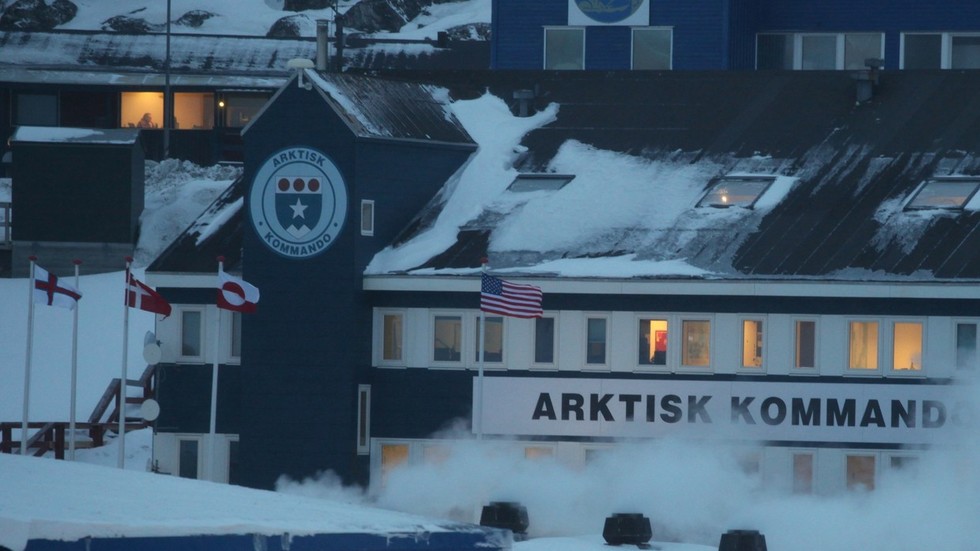Gauteng Hospitals Face Financial Crisis Due to Negligence Claims
In a shocking turn of events, the Gauteng health department has been forced to pay out a staggering R623 million in medical negligence claims in just nine months. This hefty sum, alongside an additional R597 million spent on legal fees, has sent shockwaves through the department, with administrative costs for medico-legal claims skyrocketing by 20% this financial year.
One particularly heartbreaking case that has come to light is that of Tebogo*, a victim of a seven-hour delay in receiving proper medical attention that ultimately led to the loss of his leg. This devastating outcome has not only resulted in significant life changes for Tebogo but has also plunged him into financial turmoil. Seeking R15 million in compensation, Tebogo’s attorney is fighting to address his client’s suffering and secure a semblance of justice.
Despite the department’s staunch denial of negligence, a court ruling found them culpable, ordering them to cover Tebogo’s legal fees. The surge in negligence claims has been attributed to the impact of the COVID-19 pandemic on court proceedings, with certain healthcare facilities singled out for their contribution to the rising claim volumes. In response, the department is rolling out measures to improve service quality, including a change management program aimed at fostering empathy and compassion among healthcare workers.
South Africa’s Internet Infrastructure Under Strain as Key Cables Suffer Breaks
South Africa’s digital landscape was thrown into disarray on March 14 as four critical subsea cables connecting the country to the global internet suffered severe damage. These fiber-optic cables, vital for high-speed data transfer, fell victim to a range of hazards, including rock falls and stray anchors, leading to widespread internet outages across the nation.
The simultaneous snapping of three cables on the West Coast significantly reduced internet capacity, impacting major platforms and networks throughout South Africa. The suspected cause of the damage is shallow water incidents near the Ivory Coast, exacerbating an already fragile situation following a recent break in the Seacom cable in the Red Sea. While internet service providers typically rely on multiple cables for redundancy, the occurrence of simultaneous breaks underscores the importance of diverse cable access for ensuring uninterrupted connectivity.
The surge in digital connectivity across Africa has driven down data-carrying costs but has also increased the frequency of cable breaks, necessitating more extensive repair work. The repair ship, Léon Thévenin, which is usually based in Cape Town, has been inundated with repair tasks due to the escalating demand for digital connectivity in Africa.
High Court Showdown Over ‘Bonnie and Clyde’ Documentary on Showmax
The Johannesburg High Court is gearing up for a legal battle on Friday as it prepares to hear arguments regarding the airing of a controversial four-part documentary on the Showmax streaming platform. The documentary, titled ‘Tracking Thabo Bester’, delves into the escape and subsequent arrest of Thabo Bester and Nandipha Magudumana, a duo dubbed ‘Bonnie and Clyde’ by some.
Bester and Magudumana have filed applications seeking to halt the release of the documentary, which features interviews with journalists, prisoners, prison warders, and the family of Katlego Bereng Mpholo, whose burnt body was discovered in Bester’s prison cell. MultiChoice, the owner of Showmax, has confirmed that last-minute applications will be heard on the same day as the documentary’s premiere, vowing to strongly oppose the attempts to block its release.
Emphasizing the gravity of the allegations against Bester and Magudumana, MultiChoice asserts the public’s right to form their own opinions by watching the documentary. They argue that any efforts to prevent the documentary’s release lack legal merit and infringe upon constitutional rights, setting the stage for a high-stakes legal showdown in the days to come.



